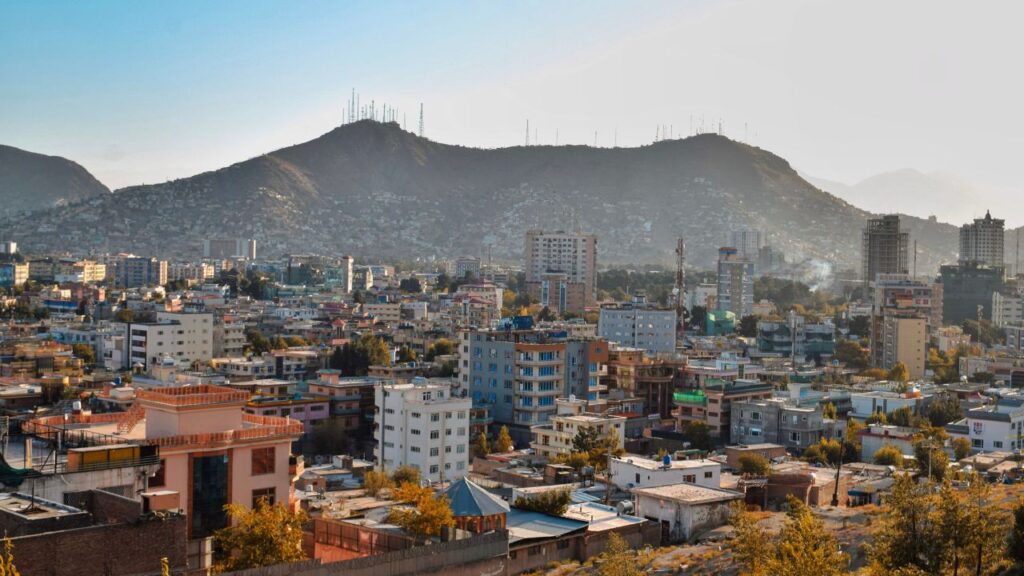[ad_1]
After decades of war and instability, Afghanistan’s capital is experiencing a real estate boom, with high-end properties commanding prices that would have been unimaginable just a few years ago.
At the center of this burgeoning market is Omidullah reports AP. He a Kabul-based real estate agent, who is currently selling a nine-bedroom, nine-bath villa in the capital. The house, adorned with intricate white-and-gold details, bears the Arabic script “mashallah” on its gable, a phrase meaning “God has willed it.”
Listed at US$450,000, it’s a striking symbol of Kabul’s new economic landscape.
“It’s a myth that Afghans don’t have money,” Omidullah told AP. “We have very big businessmen who have big businesses abroad. There are houses here worth millions of dollars.”
At the heart of this transformation is peace, or at least a relative version of it. With the Taliban transitioning from insurgents to administrators, violence in Kabul has significantly declined.
This newfound stability has encouraged Afghans who spent years abroad to return home, bringing their savings and ambitions with them. Among them are individuals escaping deportation campaigns in Iran and Pakistan, arriving with cash in hand to invest in Kabul’s high-end housing market.
Real estate agent Ghulam Mohammed Haqdoost told AP that before the Taliban takeover, many were hesitant to invest in Kabul due to corruption and bureaucratic hurdles.
“People were afraid to invest,” he says. “But now, house prices have risen by almost 40%. In the last three years, we have sold almost 400 properties. It wasn’t like that before.”
Luxury homes in Kabul cater to the evolving tastes of affluent buyers, many of whom have been influenced by international living standards. Common features include gyms, saunas, swimming pools, guest quarters, and lush gardens.
Buyers also seek modern amenities such as central heating, double-pane windows, and elevators, particularly in apartment complexes catering to the diaspora.
Despite the optimism, Kabul’s luxury housing market faces challenges. Mortgages remain rare in a country where most people don’t have bank accounts, forcing buyers to pay in cash or use a traditional arrangement called “geerawi,” where a fixed sum secures temporary residence until repayment.
Further, the city’s population has exploded from 500,000 at the start of the millennium to over 5 million today, leading to congestion and overstretched infrastructure.
[ad_2]
Source link

